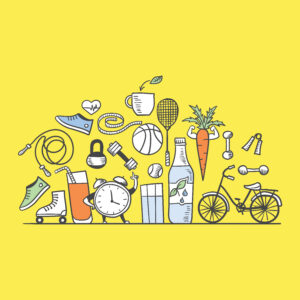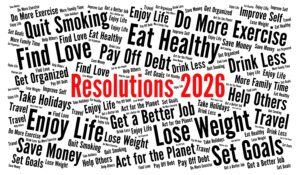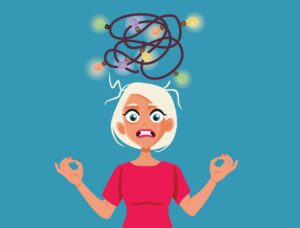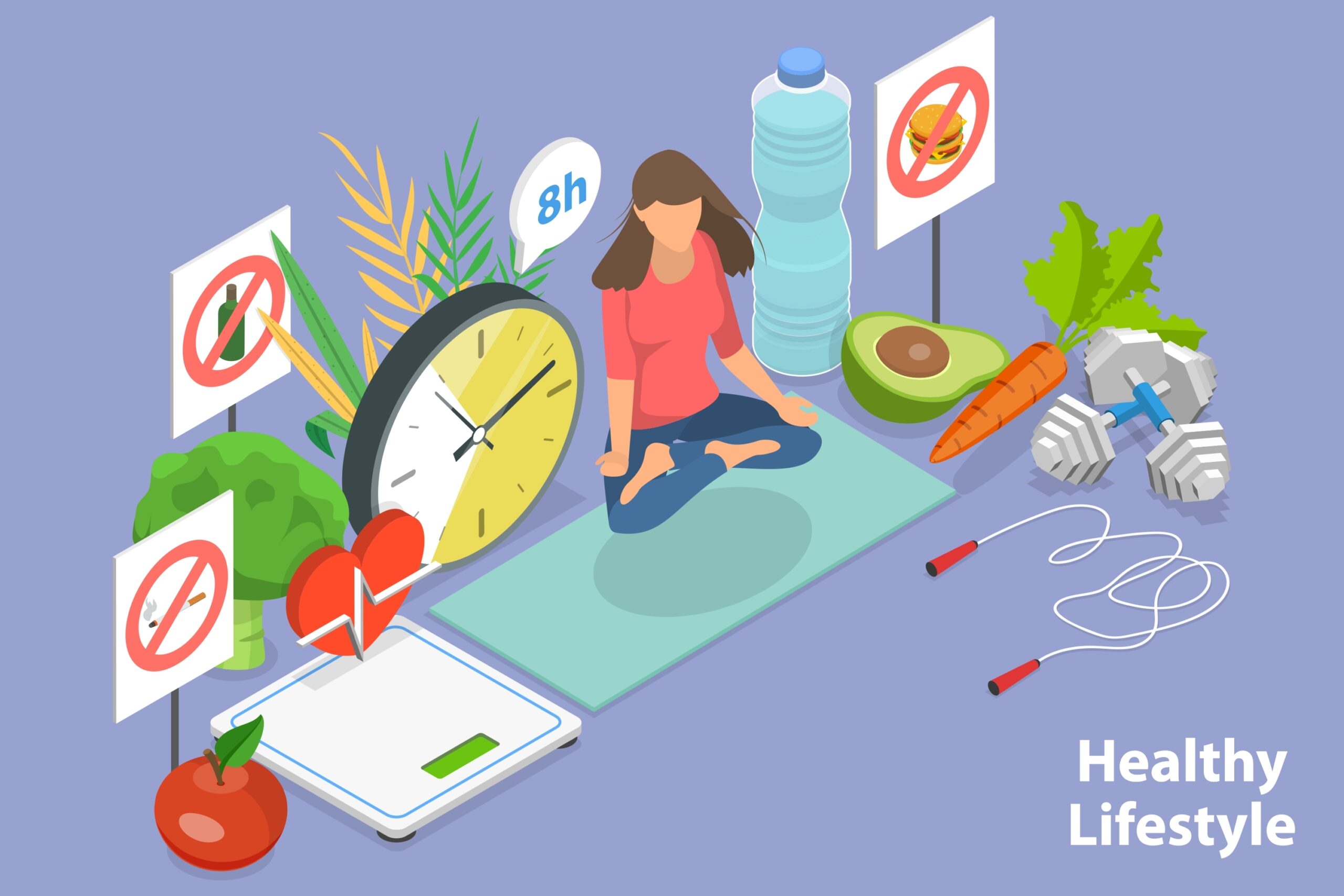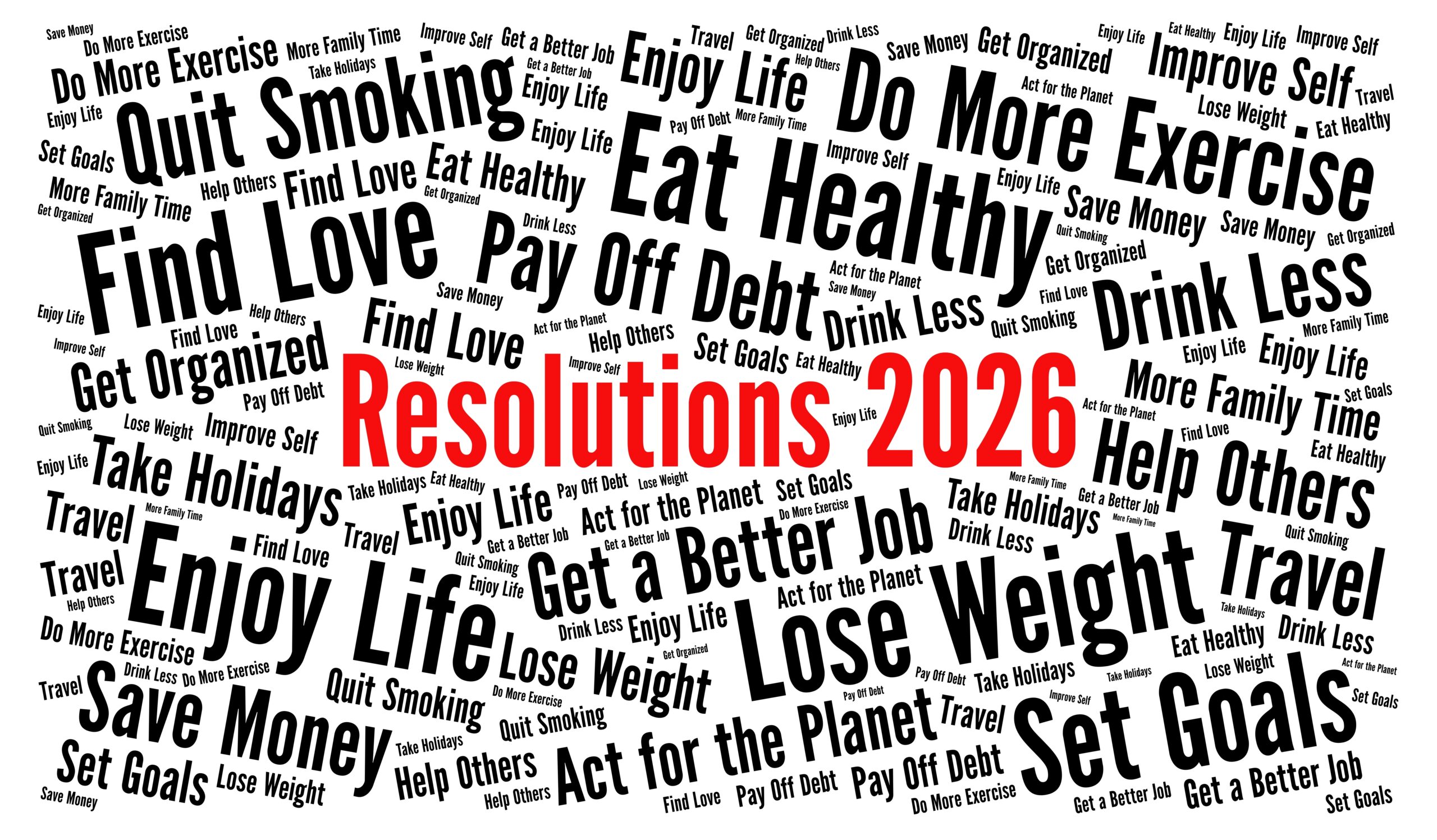Learning Through Repeated Effort: Real-World Examples of Successful Iteration
Creating meaningful change and growth in our lives requires dedication and perseverance. Rather than expecting immediate transformation, adopting an iterative mindset can help us make steady progress through repeated effort. This approach centers on incrementally improving through ongoing learning and refinement.
Understanding and embracing iteration as a process can empower us to develop new healthy habits, excel in our careers, and achieve our goals. The concept of iteration has driven innovation across fields throughout history. Builders of the great cathedrals in Europe understood their work would take generations of effort. Scientists methodically refine theories based on evidence over years of research and work. Athletes perfect skills through drill after drill.
In this blog post, we will explore examples of successful iteration in practice across technology, art, and business. Examining how organizations employ iterative thinking provides models for how we can implement this mindset in our own lives. Our discussion will cover the power of learning from perceived “failures,” strategies for iteration, and why embracing this process is key to personal growth.
The Concept of Iteration
Iteration refers to the process of repeating a task or activity to continuously improve and evolve an end result. Iterative processes involve ongoing effort and learning from each iteration to refine the next one. This approach stands in contrast to expecting immediate perfection or giving up after failure on a first attempt.
In our health and wellness journeys, utilizing iterative thinking allows us to steadily build new habits over time rather than getting discouraged by what feels out of reach today. It enables us to learn from perceived “failures” on the path to progress. Iteration is not just about persistence – it’s about actively applying lessons from each cycle to growth.
This concept drives innovation and success across many industries. Through iteration, engineers enhance product designs, artists refine creative works, athletes perfect skills, and entrepreneurs refine business models. Iterative thinking empowers continuous improvement.
Real-World Examples of Successful Iteration
Understanding how iteration unfolds in practice can help illustrate its power for driving meaningful change. Here are some examples of well-known innovations advanced through iterative processes:
Iteration in Technology
In technology, Apple has iteratively refined hardware and software capabilities across successive iPhone models. Each version retains positives while improving on negatives based on consumer feedback.
Similarly, agile software development revolves around iterative coding, testing, and deployment cycles to incrementally enhance applications.
Iteration in Art and Design
Car manufacturers continually iterate vehicle designs over time. What started as the Ford Model T evolved iteratively into a wide range of automotive makes and models with improved safety, efficiency, and features.
In graphic design and branding, logos like Nike’s Swoosh have been iteratively tweaked and refined over decades based on changing aesthetics.
Iteration in Sports and Athletics
Professional athletes iteratively hone skills through drilling techniques, adjusting training regimens, and analyzing performance.
Martial artists like black belts in karate perfect fighting capabilities through years of iteratively learning and advancing through belt levels.
Case Studies: Learning from Iteration
Examining how specific organizations iterate and evolve can provide instructive models for applying this mindset:
Case Study 1: SpaceX’s Iterative Approach to Rocket Design
Through iterative rocket design, SpaceX has progressed from early failed launches to now routinely sending payloads into orbit.
Their first rockets were only able to reach low Earth orbit, but through design tweaks like enhanced thrust capabilities and improved navigation systems, later Falcon 9 models were able to go farther with heavier payloads.
Even after achieving reusability milestones, SpaceX continues to refine components like heat shielding and landing legs to improve durability and reliability.
Case Study 2: Pixar’s Iterative Storytelling Process
Pixar’s iterative approach to storytelling involves extensive reworking of film plots, characters, and dialogue over a development period of years. Teams animate storyboards and then gather feedback from other writers and directors at the studio to identify strengths and weaknesses.
They remake sequences and iterate until they find a version that resonates. Through this refinement process, Pixar’s movies have achieved both critical acclaim and commercial success – films like Toy Story, Finding Nemo, and Up went through extensive reiterations before their release.
Case Study 3: Edison’s Approach to Invention
Thomas Edison epitomized iterative invention, testing thousands of filament materials over several years before finding bamboo fibers suitable for the lightbulb. With his team, he would create prototypes, identify flaws, and then continually modify and retry based on learnings.
His motto, “I have not failed 10,000 times—I have successfully found 10,000 ways that will not work,” embodies iterative thinking. Edison viewed each unsuccessful iteration as bringing him closer to his breakthrough.
Strategies for Implementing Iteration in Your Life
How can you practically apply an iterative mindset to instill new positive habits?
Start by setting clear objectives you want to work toward. This gives a direction for iteration. Recognize that initial attempts may not succeed—frame failures as data to inform your next effort. Experiment with tweaks and be responsive to feedback from your mind and body. With consistent effort and refinement, new patterns will gradually take hold.
Iteration is fueled by an ongoing practice of self-reflection and adaption. Be patient with yourself in this process—change takes time. Progress may feel slow, but each iterative cycle builds your capabilities.
Embrace the Iterative Mindset Method™
As this discussion has illustrated, iteration enables individuals and organizations across fields to evolve capabilities over time. By taking an iterative approach to forming new health and wellness habits, we can make steady progress through effort and applied learning.
Rather than getting discouraged when change does not come quickly, recognize each experience as valuable data to inform the next iteration. Trust in the power of iterative refinement to drive growth. We encourage you to embrace this mindset in your journey and turn perceived failures into opportunities for learning. With patience and dedication, you can achieve your health goals through the power of iteration.
Take some time to learn more about our Iterative Mindset Method™ and download our FREE app for guidance on incorporating iteration into your everyday life.
Take the Iterative Mindset quiz and beat burnout with brain science.





